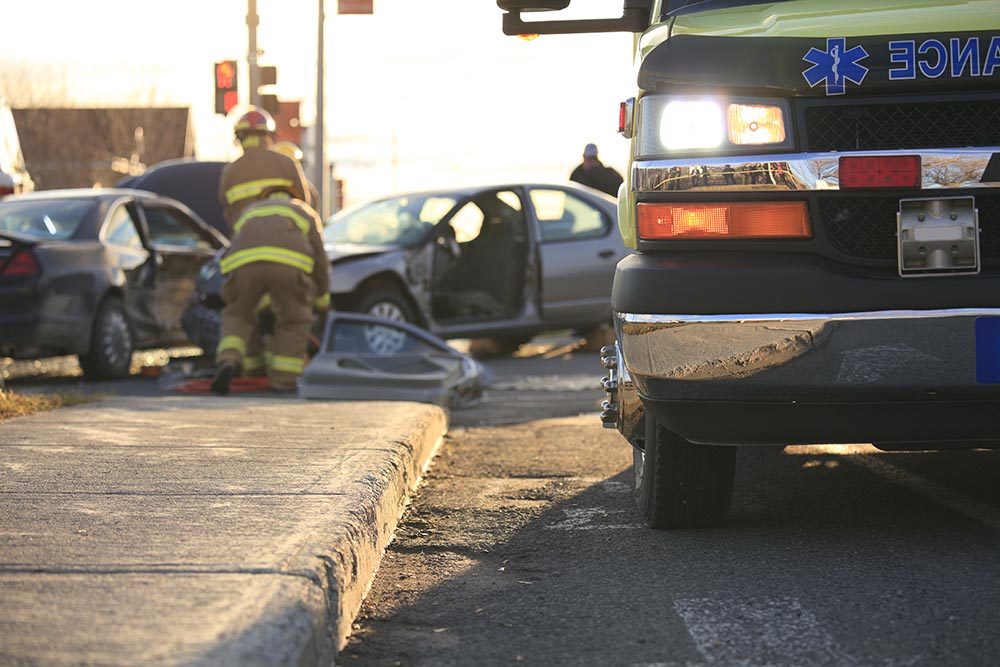Being hospitalized after a car wreck, in a coma or unable to make healthcare and daily living decisions is a catastrophic event. These serious accident cases cause challenges to families and medical professionals, as oftentimes, decisions need to be made regarding the healthcare of the person suffering severe injuries. Further, car payments, house payments and other bills continue and must be paid. If a person is single and no longer a minor, this can pose a serious problem as parents, siblings or others often do not have the legal right to access bank accounts, make medical decisions, speak with employers or others to protect the injured person’s health, livelihood and assets.
Guardian and/or Conservator
When injured victims are unable to make decisions for themselves, they may be considered either partially or totally incapacitated. In that case, the Court may need to step in to appoint a guardian (handles issues pertaining to the person) or conservator (handles issues pertaining to money) for the incapacitated person. Once a guardian is appointed, crucial decisions pertaining to the person, i.e. medical issues, can legally be made by the guardian. Further, a conservator can pay bills, negotiate contracts, and handle other financial issues for the injured person until they are able to resume those activities. Without establishing any legal directive prior to the incapacitation, the waters become murky regarding who has the authority to make these potentially life or death decisions. In some cases, the spouse or partner may have the right to choose, or a close relative, or perhaps even the doctor and medical staff. These persons would have to accept this responsibility and be considered “willing to act” in this regard, and oftentimes, the process is stressful and confusing. Once the injured person is able to make decisions and care for themselves again, the Court can withdraw the guardian and conservator.
Importance of a Medical Power of Attorney
The importance of establishing a Medical Power of Attorney, also called a Durable Power of Attorney for Health Care and Health Care Directives, prior to any injury or accident cannot be overstated. If you are ever injured in any type of accident and remain unable to make health decisions on your own behalf, those decisions will be made for you by someone. Creating a legally binding medical power of attorney will ensure that the person you trust will make your health decisions for you in these serious situations. When you appoint a medical power of attorney, you are choosing a trusted person to make life or death decisions on your behalf.
Medical Power of Attorney
Creating a Medical Power of Attorney allows you to determine and fully customize exactly what types of decisions your representative can make on your behalf. The exact details can be decided ahead of time, and outlined specifically to your wishes. This legally binding document is fully customizable and has options regarding psychiatric care, hospitalization, nursing care options, consent for types of health care, specific treatments to have or avoid, and withholding or withdrawing from treatments regarding any end of life matters.
Medical Power of Attorney vs. Living Will
Medical Power of Attorney often gets confused with the establishment of a Living Will. A Living Will also addresses medical issues, but this document notifies medical professionals specifically how you feel about being kept alive under certain medical circumstances via machines and life support if you have no hope of improving. While a Medical Power of Attorney may cover this same topic, it also is more complex and assigns a person the ability to make much more broad choices regarding a myriad of medical situations that are unpredictable.
Contact an Estate Planning Attorney
If you or your loved one has suffered injuries in an accident and are unable to make medical decisions, contact an experienced personal injury attorney at Griggs Injury Law at (816) 474-0202 to help navigate through the legal process.


